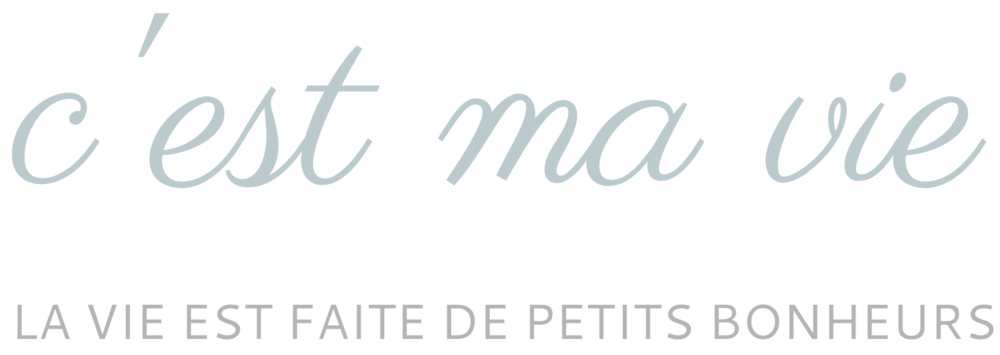Bonjour! I have been teaching French in Pewaukee since 1994. I hold an MAT in French and an MA in English from Marquette University. I am passionate about learning through experience, travel, and connecting with people around the world in person and via technology.
Why technology? In his work Digital Natives, Digital Immigrants (2001), Marc Prensky assigns the term digital native to those who grew up with the technological advances of the late 20th and early 21st Centuries. The term draws the analogy to a country's natives for whom the local language and culture are natural, compared with immigrants who must adapt to a region's customs. As a teacher of a "foreign language", this concept of Digital Native vs. Digital Immigrant is quite intriguing. I have been fascinated by the ways that people learn languages. The "old" method of repeating words and phrases, and memorizing passages and conversations in the target language is no longer viewed as effective. In fact, as of the mid-1990's, non-native-speaking FL majors who aspired to teach a foreign language are required (by the Wisconsin DPI) to complete at least six weeks of residency in a country where the target language is spoken. Personally, I can attest that this residency, further travel, and immersion in the language and culture were the key to developing my skills and confidence in the speaking French.
Our students are certainly digital natives, accustomed to being connected at all times. The Pewaukee School District is committed to leveraging technology to enhance student engagement and learning. I am excited to use the 1:1 laptops and iPod Touches to bring the French language and culture into my classroom.
Do I consider myself a Digital Native or a Digital Immigrant? Like much of my generation (Gen-X), I did not grow up with a computer. It wasn't until I signed up for my first computer class that I was truly exposed to this foreign culture. My first (and last) computer class attempted to teach me binary code (or whatever those 0's and 1's were). The final exam for this course was to write a program to center my name in all caps at the top of a page. Why did I need to learn this when I could simple press "Caps Lock", center my carriage, and back-space once for every two letters in my name? So I blissfully buried myself in French, British, and American literature for the next nine years, writing all of my papers, even my substantial master's thesis, on a typewriter. I was content and had no desire to change my ways when I began my student teaching in 1994. My cooperating teacher challenged me to invest the five minutes that it would take for me to learn to use MS Windows, and, although I was apprehensive, I've never looked back.
Eighteen years of teaching have gone by since I finally accepted the role of computers in my own life, and more importantly, in the lives of the "citizens" of my classroom. Today, in this digital society, I view myself as quite "proficient" in technology. I use computers and technology daily in my classroom and in my personal life. My iPhone has replaced my agenda, post-its, "land-line", 300+ cd's, dvds, photo albums, etc. I carry e-mail and Internet browsing capabilities with me everywhere I go. Facebook has become the easiest way to keep in touch with friends and family, while LinkedIn and Twitter have become integral to my Personal/Professional Learning Network. My lessons integrate technology through use of videos, podcasts, Skype, Web 2.0 applications, iPod Touches, mobile apps, etc. Our yearbook is completely digital. Pictures are taken with a digital camera, and the layouts are designed and submitted online.
Although I have embraced this new digital culture wholeheartedly, I still feel fundamentally different from my students in the way I view technology. I have grown to appreciate and even love the capabilities that technology offers in my personal and professional lives; however, like an immigrant, I still tell stories about "the old country" where I might not have walked five miles to school in the snow, but where I still get excited about new notebooks and pens as a school year begins.
I realize that the time I spend in France is vital for improving my proficiency in the French language. I continue to grow and love its culture, its language, and its people. However, I also recognize that I will never be truly French. Likewise, although I love technology and continue to learn and embrace its possibilities, I will never be a Digital Native. Yet, I know that as a non-native speaker of French, I am a highly-effective teacher of the French language and culture.
Finally, I have never liked the term "foreign language", preferring to refer to French, Spanish, Chinese, etc. as either "world languages" or "modern languages". In French, the word étranger can refer to someone who is either "foreign" or "strange". We are all members of a global community, and I believe it is important to view our diversity not as "strange", but as an asset, a way of expanding our own existences. Technology is no longer a foreign concept. Those of us who were not born into this society can view ourselves as fortunate to have had our own unique experiences with technology while being open to the wonderful potential that immersion in this digital society provides.

